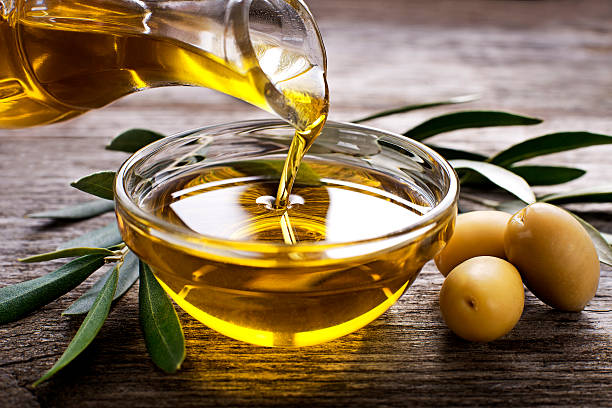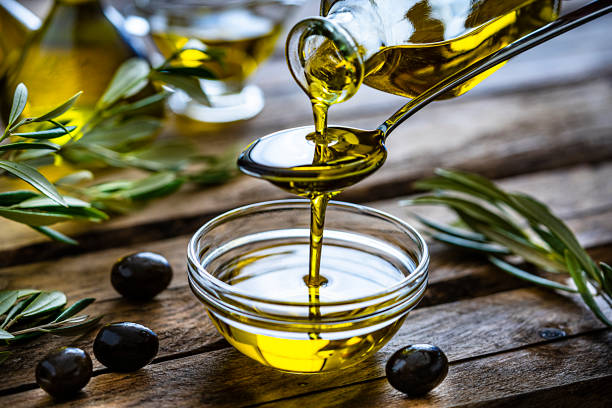The question of how many calories are in a tablespoon of olive oil is a common one, as olive oil is a popular choice for cooking and adding flavor to a variety of dishes. It’s important to understand the caloric content of the foods we eat, as this can help us make informed decisions about our diet and overall health. In this article, we’ll delve into the specifics of the caloric content of olive oil, as well as its potential health benefits and drawbacks.
First, let’s look at the basics: how many calories are in a tablespoon of olive oil? The answer is 120 calories. It’s important to note that this is a rough estimate, as the exact number of calories in a tablespoon of olive oil can vary slightly based on factors such as the specific type of olive oil and the accuracy of the measurement.
Now that we’ve established the caloric content of a tablespoon of olive oil, it’s worth considering why this matters. Understanding the caloric content of the foods we eat is an important part of maintaining a healthy diet. When it comes to weight management, calories play a crucial role. If we consume more calories than we burn through physical activity and other means, we may gain weight. On the other hand, if we burn more calories than we consume, we may lose weight.
It’s worth noting that not all calories are created equal. Different types of calories can have different effects on the body. For example, calories from nutrient-dense, whole foods such as fruits, vegetables, and whole grains may be more beneficial for our health than calories from highly processed, unhealthy foods. This is where olive oil comes in: while it does contain a significant number of calories, it is also a rich source of monounsaturated fats, which are considered to be a healthy type of fat.
So, what are the potential health benefits of consuming olive oil? One of the primary benefits is its effect on heart health. Olive oil is high in monounsaturated fats, which have been shown to help lower bad cholesterol (LDL) and increase good cholesterol (HDL). This can help reduce the risk of heart disease, which is a leading cause of death worldwide.
Olive oil is also rich in antioxidants, which can help protect the body against oxidative stress and inflammation. This can be beneficial for a variety of health conditions, including diabetes, cancer, and cognitive decline.
Additionally, some research suggests that olive oil may have a positive effect on blood pressure and bone health. It’s worth noting that more research is needed to fully understand the potential health benefits of olive oil, but the current evidence is promising.
Of course, it’s important to consume olive oil in moderation as part of a healthy, balanced diet. While it can be a healthy choice, it’s still high in calories and should be consumed in appropriate amounts.
So, to sum up, a tablespoon of olive oil contains around 120 calories. While it is a high-calorie food, it is also a rich source of monounsaturated fats and antioxidants, which may have a variety of health benefits. As with any food, it’s important to consume olive oil in moderation as part of a healthy, balanced diet.

 Home
Home Health
Health Diet & Nutrition
Diet & Nutrition Living Well
Living Well More
More












